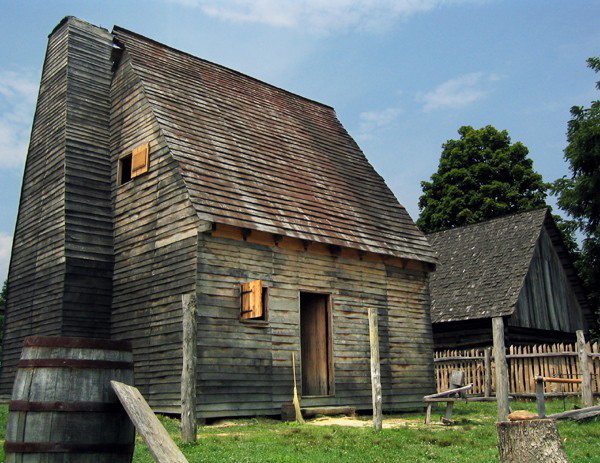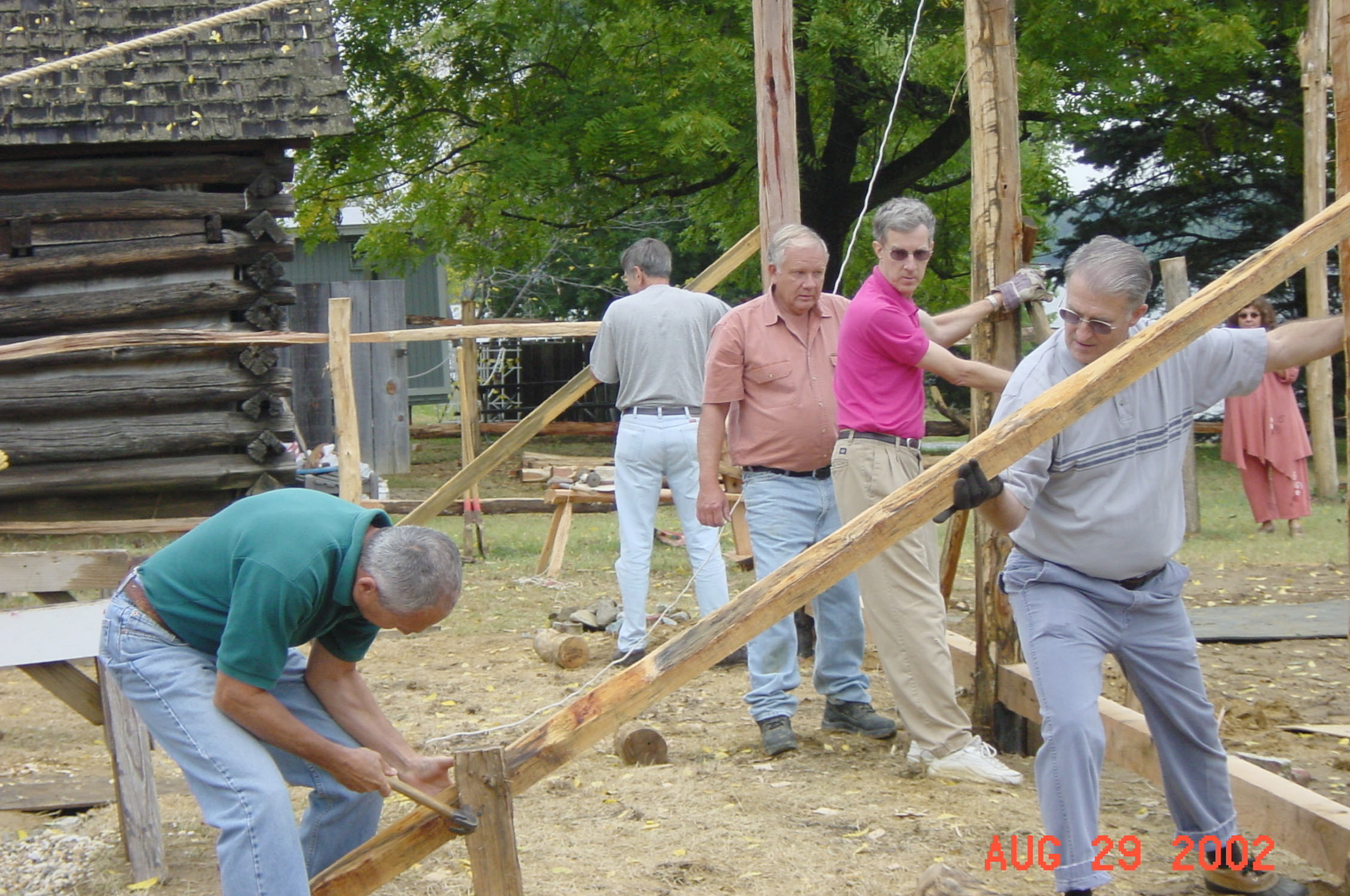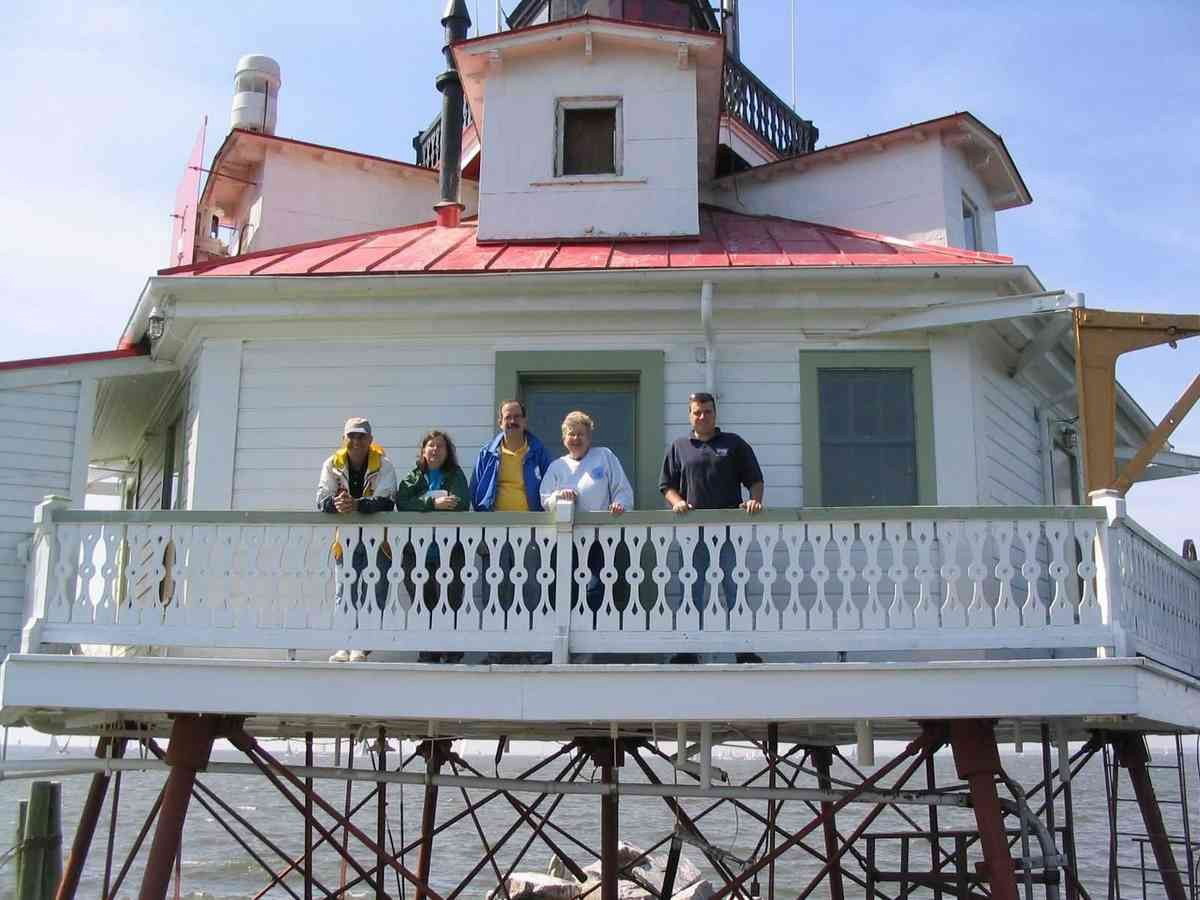Heritage Tourism Category:
Maryland Heritage Areas Program: Statewide
The creation of a statewide system of heritage areas in Maryland has generated economic development, produced new heritage tourism visitation, leveraged significant non-state funds, and built state and local partnerships.
Certified heritage areas are geographic areas that contain high concentrations of unique historical, cultural, and natural resources, and where motivated community partners are dedicated to the protection and development of those resources through heritage tourism. At the same time, heritage areas focus community attention on under-appreciated aspects of history, living culture, and heritage, fostering stronger regional identities and local pride. The Maryland Heritage Areas Authority (MHAA) leads the program. It consists of 17 members, including representatives of 7 state agencies. This encourages state agencies to work together and to pool financial and human resources.
Maryland recognized heritage tourism as a key economic development strategy and acted on that realization, creating an exemplary model for other states. Maryland encourages creation of local preservation and tourism efforts and offers a connecting framework that enjoys broad state support through the Maryland Heritage Areas Authority. Since the program's inception nine years ago, there are now 10 Certified Heritage Areas representing 18 counties and 62 municipalities, with three more areas pursuing certification. Every county in Maryland now includes a heritage area within its borders.
In order to become a Certified Heritage Area, communities must complete a heritage area management plan and ensure that local governments located within the boundary area adopt it as an amendment to their comprehensive land use plans. Communities must involve local elected officials and representatives of a broad range of local interests, including land use planning, tourism, arts, historic preservation, natural resources, museums, outdoor recreation, and business interests. This often results in new partnerships.
A 2003 analysis indicated that every grant dollar invested in the program showed a return of $4.61 in annual, ongoing state and local tax revenues. The analysis also indicated that the MHAA's award of $4.4 million in grants had leveraged about $2.5 million from local governments, more than $2.5 million from the private sector, and $600,000 in federal funds. The state's $4.4 million investment enabled $10.3 million for heritage area projects.
Other partners: 13 heritage areas
Award recipients:
Dennis Castleman, Assistant Secretary, Maryland, Tourism, Film, and the Arts, Maryland Department of Business and Economic Development; and Ms. Audrey E. Scott, Secretary, Maryland Department of Planning, and Chairman, Maryland Heritage Areas Authority.


